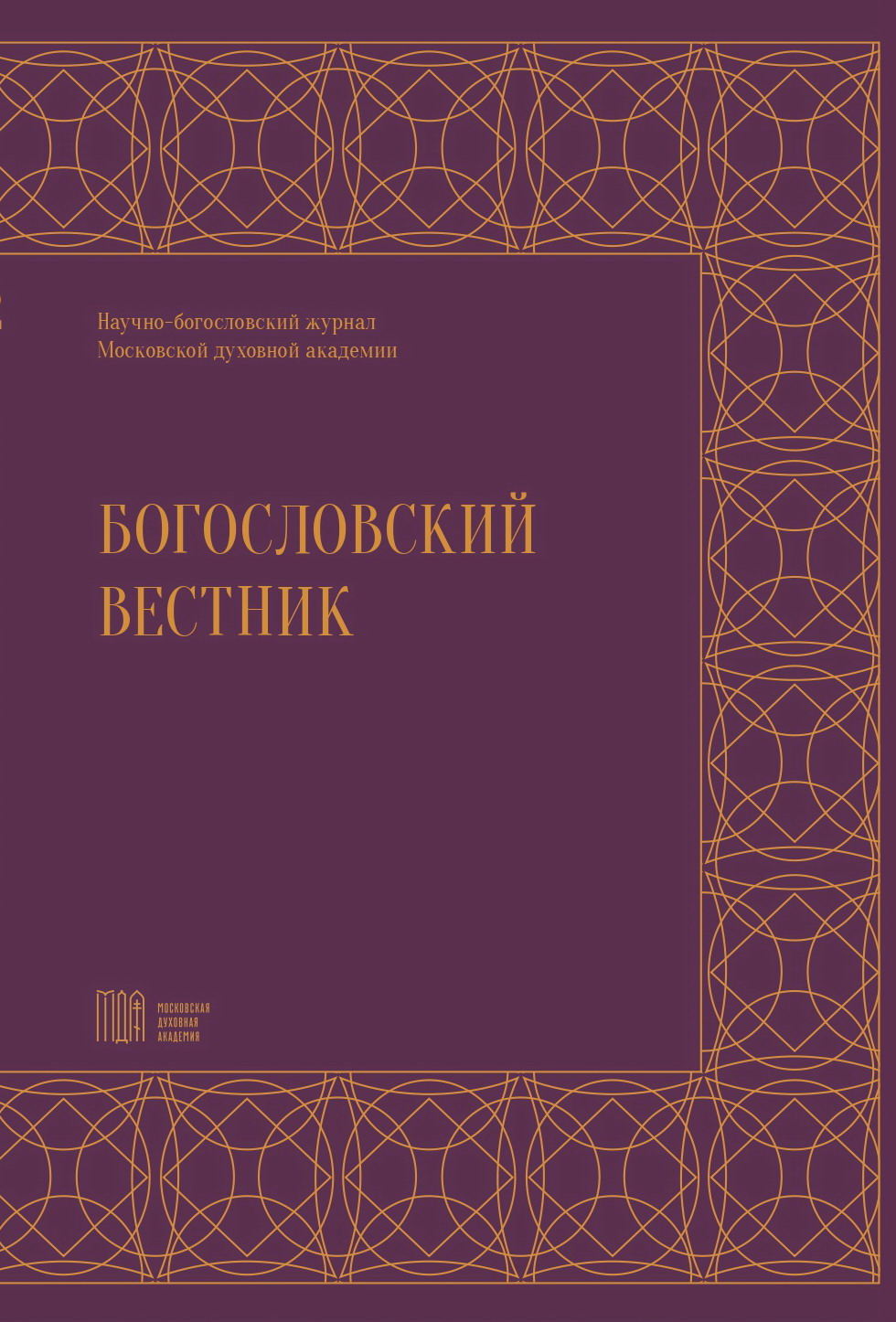Богословие как точная наука: pro et contra
DOI:
https://doi.org/10.31802/GB.2024.52.1.004Ключевые слова:
христианское богословие, восточно-христианская традиция, точные науки, эпистемаАннотация
В статье описывается формирование современного богословского дискурса как раздела научного знания. В результате осмысления социокультурных аспектов драматических событий XX в. и, как следствие, острых дискуссий отечественное научно-образовательное сообщество признало теологию одной из гуманитарных наук. Автор ставит вопрос о том, что православное богословие, затрагивая глубинные вопросы человеческого бытия и в силу этого относясь к гуманитарным наукам по определению, в то же время может рассматриваться и как точная наука в силу принципиальной отгранённости своих дискурсивных средств, понятийного аппарата, опытно-антропологической базы (аскеза). Более того, указанные характеристики восточно-христианской традиции позволяют рассматривать её как научную эпистему. При этом исторические трансформации теоретических оснований таких признанных точных наук, как математика, физика, астрономия дают основание поставить под сомнение признание их в качестве точных.
Скачивания
Библиографические ссылки
Глубоковский Н. Н. Сила христианского знания // Глубоковский Н. Н. Академические обеты и заветы. Москва; Сергиев Посад: Синодальная библиотека Московского Патриархата, 2005. С. 39–43.
Глубоковский Н. Н. Богословие как наука // Глубоковский Н. Н. Академические обеты и заветы. Москва; Сергиев Посад: Синодальная библиотека Московского Патриархата, 2005. С. 44–46.
Давыденков О., прот. Богословская терминология: Основные понятия / ред. прот. Н. Емельянов, С. А. Чурсанов. Москва: Изд. ПСТГУ, 2023.
Каллист (Уэр), еп. Бог и человечество // Каллист (Уэр), еп. Православная Церковь. Москва: Библейско-Богословский Институт св. апостола Андрея, 2001. С. 216–246.
Мефодий (Зинковский), иером. Богословие личности в XIX–XX веках. Санкт-Петербург: Изд. Олега Абышко, 2014.
Флоровский Г., прот. Вера и культура // Флоровский Г. В. Вера и культура: [Избранные труды по богословию и философии] / ред. И. И. Евлампиева, В. Л. Селиверстова. Санкт-Петербург: Изд. РХГА, 2002. С. 650–670.
Аргамакова А. А. Насколько гуманитаристика может быть социально полезной // Философские науки. 2016. № 8. С. 91–99.
Клайн М. Математика. Утрата определенности. Москва: Мир, 1984.
Лега В. П. История западной философии: [в 2 ч.]. Ч. 2: Новое время. Современная западная философия. Москва: Изд. ПСТГУ, 2014.
Светлов В. А. Философия математики. Основные проблемы обоснования математики ХХ столетия. Москва: КомКнига, 2006.
Загрузки
Опубликован
Как цитировать
Лицензия

Это произведение доступно по лицензии Creative Commons «Attribution-ShareAlike» («Атрибуция — На тех же условиях») 4.0 Всемирная.








